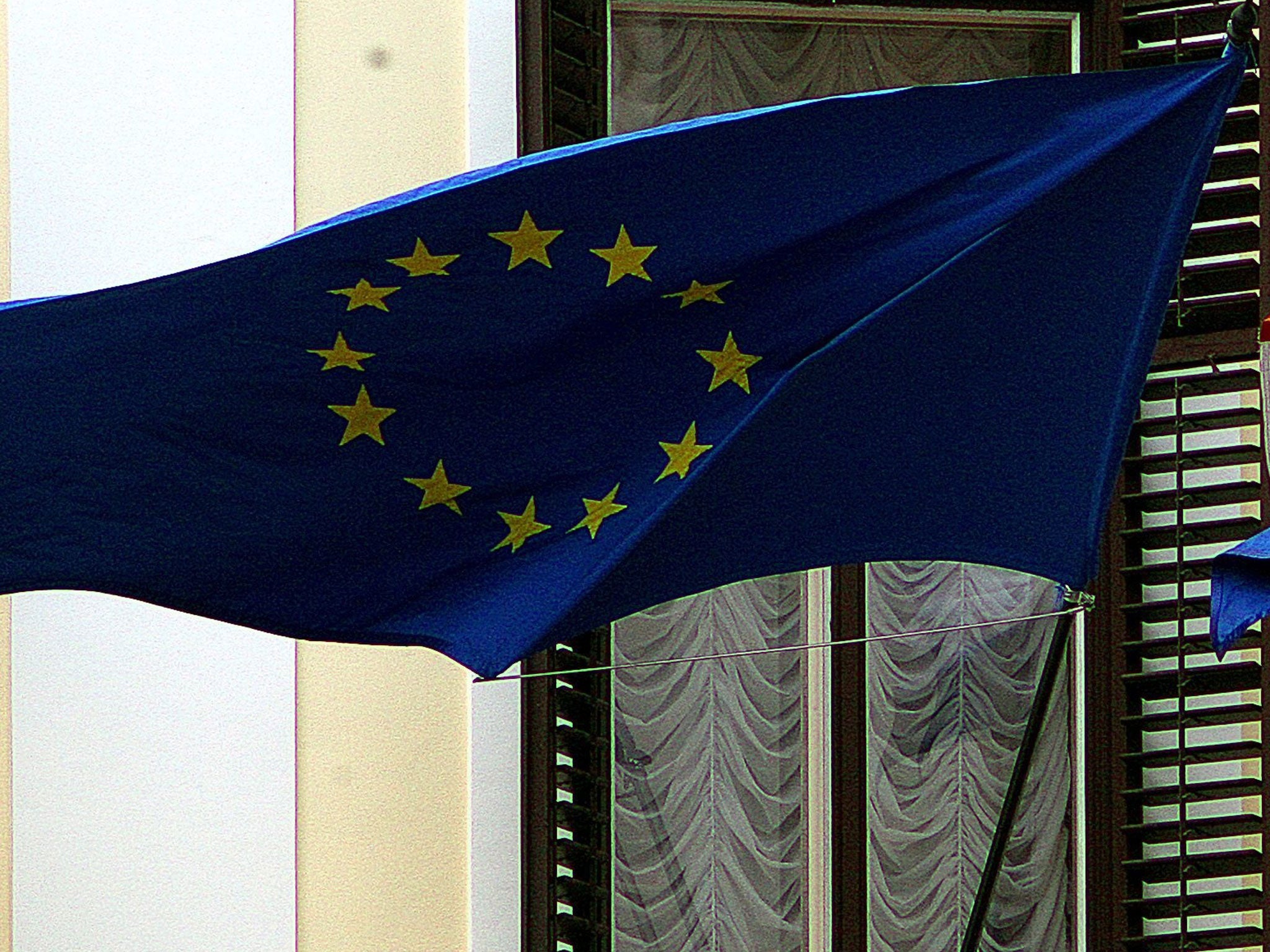What business thinks is crucial to the EU vote. So what does it believe?
For all its heavyweight muscle, ‘Britain Stronger in Europe’ lacks financial clout


At a business dinner attended by several captains of industry the other evening, everyone round the table was agreed: Britain had to stay in Europe. Indeed, one of the fears expressed was that leaving the EU would hasten the day when Britain itself was divided, with the Scots, and then others, going their separate ways. Just as with the EU, captains of industry want the Union to remain.
What was striking, however, was the admission that the Britain Stronger in Europe campaign, launched that day, and backed by some of those at the dinner, is facing a difficult struggle. The Out lobby can wave the flag, play the national anthem, relive our past and pander to nationalist sentiment. By contrast, the In side has no patriotic, emotional levers to pull. All it can do is to appeal to voters not to risk change, and possible economic disaster, by leaving – hardly the sexiest of arguments.
Allied to that was the acknowledgment that for all its heavyweight muscle, Britain Stronger in Europe lacks financial clout. Yes, it’s supported by virtually every boss in the FTSE 100 list of Britain’s largest quoted companies and other major corporates besides – but they usually stress they’re acting in their own capacity, that their views are not necessarily those of their company, and when it comes to donating cash, that’s a matter for the board, not them.
Against them are a group of self-made, super-wealthy crusading mavericks: among them, Stuart Wheeler, Paul Sykes and Peter Cruddas. Independent-minded, they have no need to consult fellow directors before parting with their money. They’ve been joined by another bunch of super-rich free spirits, the hedge funds. Already, the war chest for Brexit is at £20m and rising. Those millions can be spent on arresting, well-produced adverts reinforcing the notion of Britain being great again and far better off without the shackles of Brussels.
There are, of course, mega-rich entrepreneurs in the staying-in ranks, folk such as Sir Richard Branson. But if the campaign is to keep up with the opposition, they will need to donate – and heavily.
Some on the “Britain Stronger In Europe” side point to Scotland. In the end, they maintain, common sense prevailed, the wish not to upset the status quo emerged triumphant – despite a ferocious effort from the nationalists. That’s correct. However, it was a desperately close-run affair, with the pro-Union campaigners terrified right until the votes were counted that they’d lost.
It’s true that, in Scotland, the pleas from commerce prevailed. But it’s impossible to be sure whether it was doubts about future economic prosperity and survivability or the dramatic, late intervention of Gordon Brown, speaking magnificently from the heart, that finally swung it.
“Britain Stronger in Europe would be playing with fire if it assumes that at the end, when people put their crosses against the referendum question, they will reject change. That does, though, seem to lie behind their thinking – that ultimately, the British will prefer the devil they know, albeit one reformed on the back of David Cameron’s urging, than to go it alone. The Britain Stronger in Europe case is built around solidity and safety. And, it stresses, patriotism – hence the deliberate insertion of “Britain” into the title.
Even its choice of chairman reflects the desire to provide assurance. In Lord Rose, it has selected a smooth operator, able to communicate with men and women, high and low brow alike. As head of Marks & Spencer, Lord Rose was popular with customers, employees, suppliers and investors. Naturally empathetic, he’s a good listener, who always seems to exude calm and calculating shrewdness.
He’s also, for all his success in retailing (these days he chairs Ocado), and his peerage, something of an outsider. He’s definitely not, for instance, a paid-up member of the Establishment.
This may be the result of his own origins. His paternal grandparents were white Russians who went to China after the 1917 revolution. Their son, his father, who changed the family name to Rose, was adopted by an English Quaker spinster. Rose’s mother’s side can trace their roots to England, Scotland and Greece. The family lived in a caravan in Warwickshire for a period, until Rose’s father was sent by the Civil Service to Tanzania, which is where the young Stuart went to school until they returned to the UK.
Rose may dress immaculately and expensively, and may adore fine wines but he’s also Everyman (he didn’t go to university). By appointing him, Britain Stronger in Europe thinks it has someone who reflects the anxieties of the majority where the EU is concerned. He has experience managing in Europe, but he’s definitely no pro-EU zealot.
In fact, Lord Rose is deeply unhappy with the EU, which is why, in the past, he’s made sceptical comments and signed up to the anti-EU Business for Britain group. He did so, insist those close to him, on the basis that Britain wants change from the EU, not that it should withdraw. He believes firmly that to pull out would be a mistake and risk economic catastrophe – a risk, compared to the downside of staying in, that is simply not worth taking. That’s where the Britain Stronger in Europe organisers maintain the bulk of Britain stands – wanting an improved EU but not wishing to go the whole hog and scrap membership.
The problem with this approach is that it’s low key, not making a song and dance, appealing to reason and common sense. Will that be enough to defeat the noise, the blood and thunder, from the enemy?
Britain Stronger in Europe must connect with people – perhaps a “pledge card” stating five benefits we derive from the EU, is the answer. The cause has to get into people’s homes, to give them a message they can study and absorb at leisure (the anti-EU newspapers won’t do it and neither, unless the campaigners raise a lot of money quickly, will glancing at a billboard).
To stand still and do nothing, while expecting reason to prevail, is dangerous and may prove fatal.
Join our commenting forum
Join thought-provoking conversations, follow other Independent readers and see their replies
Comments
Bookmark popover
Removed from bookmarks